
Migration from XP made more complex by demand for BYOD
Microsoft will pull the support plug on Windows XP on April 8 2014. But with only 10 months to go to the deadline as many as 39 percent of enterprises have yet to migrate to another version of Windows, warns services and solutions company ITC Infotech.
Current trends towards BYOD are also making the migration process more complex but businesses need to address the issues in order to future proof their operations.
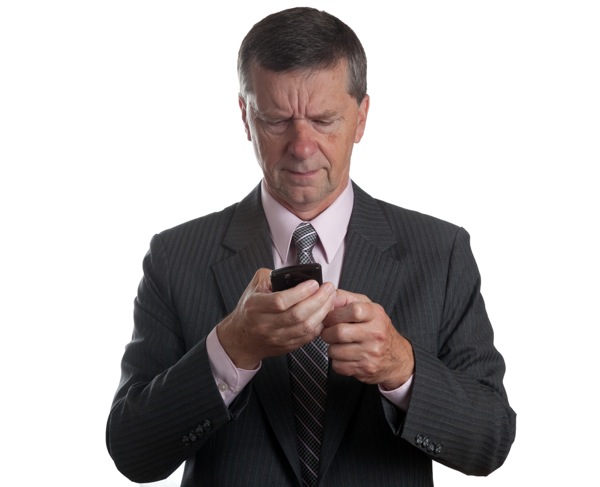
Cost, complexity and security concerns hold back mobile enterprise apps
Enterprise application and data security company Mobile Helix has announced the results of an independent survey of CIOs. It shows a large percentage of businesses delaying the roll out of enterprise apps on mobile devices thanks to concerns over security, costs and complexity.
Highlights of the survey, conducted among 300 CIOs in the US and UK, are that companies on average had over 400 applications within their organization but that only 22 percent of them could be accessed from mobile devices despite clear demand from employees for mobile access. Major barriers to adoption are development and support costs along with security.

New platform helps enterprises control documents and embrace BYOD
Point.io has released its new Baas (Backend as a Service) platform. Aimed at document management and workflow, Point.io's offering is designed to help companies maintain control of their content whilst enabling BYOD (Bring Your Own Device).
The application allows developers to build mobile apps that let users access and share content on any device efficiently and securely. Ron Rock, CEO of Point.io says, "By design, enterprises have been locking down their content for decades, but with the shift in workforce mobility it's become critical that content, and the workflows that thrive on it, are unleashed to devices beyond the corporate firewall".

Nokia Lumia 928 -- photographing the rainforest with Windows Phone 8
This weekend, I returned from a nine day cruise of the Caribbean. On this particular cruise, I went to Bermuda, St. Martin, Puerto Rico and Haiti. What I love about cruises, other than the food (yes, I’m a fat guy), is visiting multiple locations in a short time rather than being in one place for the entire trip. This allows me to take very eclectic photos and have memories that will last a lifetime.
I own a fairly nice point-and-shoot camera with the Nikon Coolpix AW100. The Nikon is my go-to camera when I am visiting beaches since it is waterproof. However, while in Puerto Rico, I was to tour El Yunque Rainforest -- a beautiful place to take photos where I would not be going swimming. And so, I decided to use a different camera instead -- the Nokia Lumia 928 on Verizon. Yup, I was trusting my vacation memories with a camera-phone!
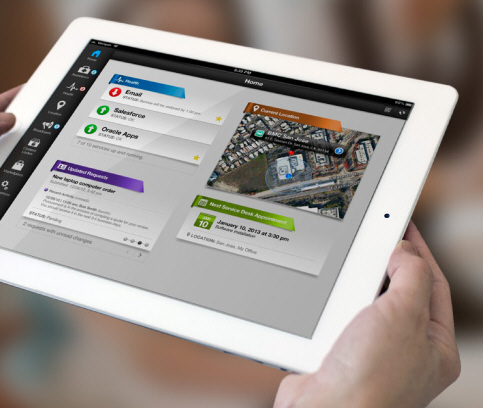
MyIT streamlines service delivery for the enterprise
In today's busy world keeping things running smoothly is part of the key to business success. Downtime can mean lost customers and that’s especially true when it comes to IT services. However, traditional service desks haven’t really kept up with the need to respond fast and keep end users fully updated.
BMC Software believes it has the answer to this in the form of the MyIT app. MyIT allows users to log problems via a self-service interface, they can then receive updates and check on the progress of the problem without having to call the help desk.

The Post-PC world is too slow for me
I use AVG AntiVirus Free to keep my PC clear of infections. Every so often the software pops up a little message warning me when one of my browsers is consuming too much memory, giving me the chance to restart the greedy program and free up resources. Just now it popped up a message telling me Firefox is using 1GB of RAM. Five minutes before that it notified me that Chrome, which I'm also running, was using 1GB as well.
If I fire up Task Manager and take a peek I see both of those memory hogs have nothing on Photoshop which is also running and has 30 x 12MB photos open, requiring it to use 2.6GB of RAM. I have 20 other programs on the go at the same time.

Top SMBs use IT for SBE, OK?
A new report from Symantec shows that many small and medium businesses (SMBs) feel that good IT systems can give them a competitive advantage. It seems that confidence in IT can boost business success.
Using results from a survey of almost 2,500 companies the report has established an SMB IT Confidence Index designed to measure how confidently enterprises approach computing and divide them into three tiers. Top tier companies are far more likely to use IT as a strategic business enabler (SBE). These more technically confident SMBs are prone to invest heavily in computing infrastructure and are more inclined to invest in new initiatives like mobile devices and the cloud.
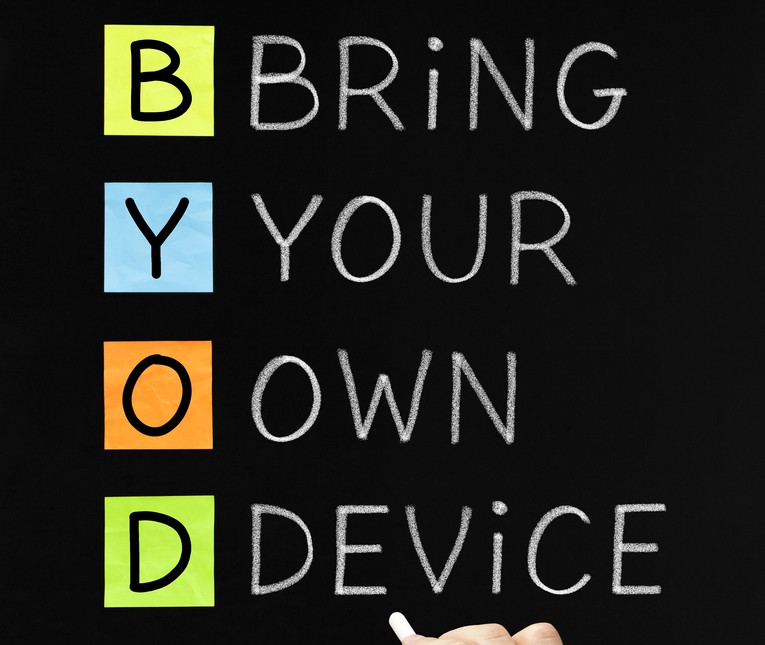
Enterprises warned BYOD is here to stay
Global industry analyst Ovum has revealed the results of its 2013 BYOX (Bring Your Own Anything) employee survey which reveals that 70 percent of employees use their own devices to access corporate data.
Launching the research at the start of the BYOX World Forum today in London, Ovum revealed that BYOD shows no signs of going away. More to the point it will continue whether the IT department wants it to or not. The study shows that 67.8 percent of smartphone-owning employees bring their own smartphone to work, and 15.4 percent of these do so without the IT department's knowledge, with 20.9 percent of corporate rebels doing so in spite of an anti-BYOD policy.

Around the world in 5 types of mobile threat
Mobile security company Lookout has released a report breaking down the types of threat encountered by users around the world. It takes data from the Lookout app in the US, UK, Germany, India and Japan to spot the key dangers in each region.
Threats are broken down into five categories -- adware, chargeware, spyware, surveillance and Trojans. Adware dominates around the world thanks to grey areas surrounding what's acceptable in mobile advertising. However, users in India are almost four times more likely to encounter mobile adware than those in the US. Indian users have a greater chance of encountering any kind of threat with a 5.49 percent likelihood of infection compared to only 1.66 percent in the US and 2.16 percent in the UK.
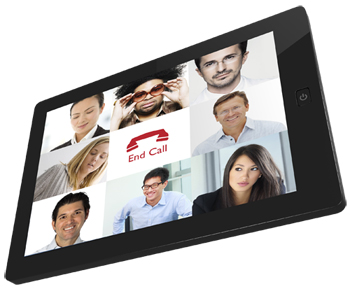
ARM debuts Cortex-A12 and Mali-T622 GPU at Computex 2013
Taking center stage at Computex 2013, ARM's Cortex-A12 architecture and Mali-T622 GPU (Graphic Processing Unit) are setting their sights on the mid-range mobile device market.
According to an ARM spokesperson, there will be at least 580 million mid-range mobile devices hitting the competitive mobile space over the next two years -- with the mid-range market projected to exceed the number of high-end smartphones and tablets beginning in 2015. As such, it comes as little surprise that ARM is bolstering its mid-range portfolio, with the UK-based company looking beyond the high-end market which is currently dominated by Apple's wildly popular iPhone and Android handsets like the Samsung Galaxy S4. Both devices are powered by ARM-based silicon.
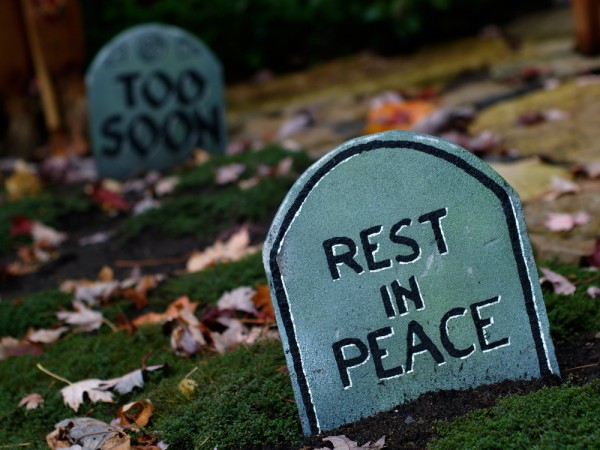
Tablets dance over PC's grave
Few are those who still profess a bright future for PCs and, starting today, even fewer will. According to IDC's latest forecast, in 2013 the PC market is expected to take another dive with shipments dropping by 7.8 percent. This is triggered by a shift in computing needs as users look for more versatility and less raw power.
"As the market develops, usage patterns and devices are evolving", says IDC program vice president Loren Loverde. "Many users are realizing that everyday computing, such as accessing the Web, connecting to social media, sending emails, as well as using a variety of apps, doesn't require a lot of computing power or local storage". Naysayers, it's time to face the music -- the average user can get away with a tablet or smartphone to get the job done.
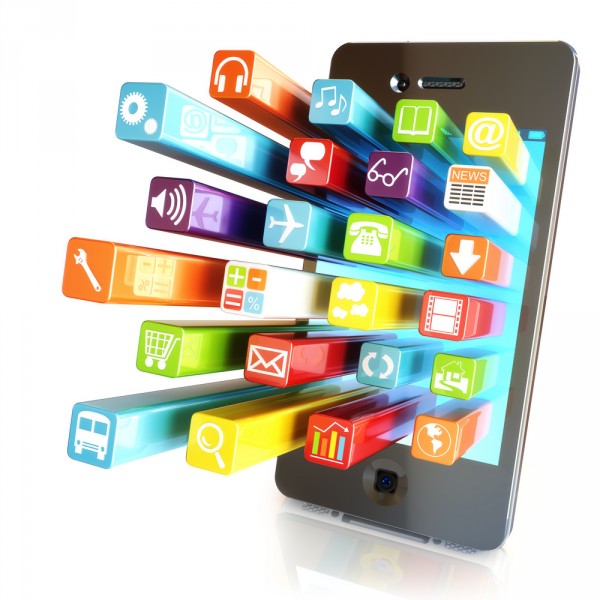
Why design makes the difference between good and bad apps
The first stage of developing an app involves no technical skills at all, it's also the hardest, and that’s coming up with an original idea. There are already thousands of apps out there so you need to make sure that what you’re proposing hasn't been done before. Or at the very least that you have a new and original twist on an idea that will make it stand out from the crowd.
It's important to note that just creating an app isn't going to make you money, research by Canalys in 2012 showed that some two-thirds of apps received fewer than 1,000 downloads in their first year. The store pages have many thousands of "zombie apps" which still appear on the websites but never get downloaded.

Cloud apps: the future or just a passing fad?
Cloud, cloud, cloud, cloud, cloud. This fairly innocuous word has become one that is bandied around with abandon, often with the misplaced notion that it adds an element of 'cool' that was not previously present. But is working in the cloud all it's cracked up to be? Is it necessary? Should you care about it?
You don't have to think back all that far to remember a time when simply being online seemed like a fairly alien concept -- never mind actually working online. When the concept of Active Desktop was added to Windows 9x the notion of staying online throughout the day just to see the desktop update with the latest weather forecast, news, stock prices or other data was unimaginable.
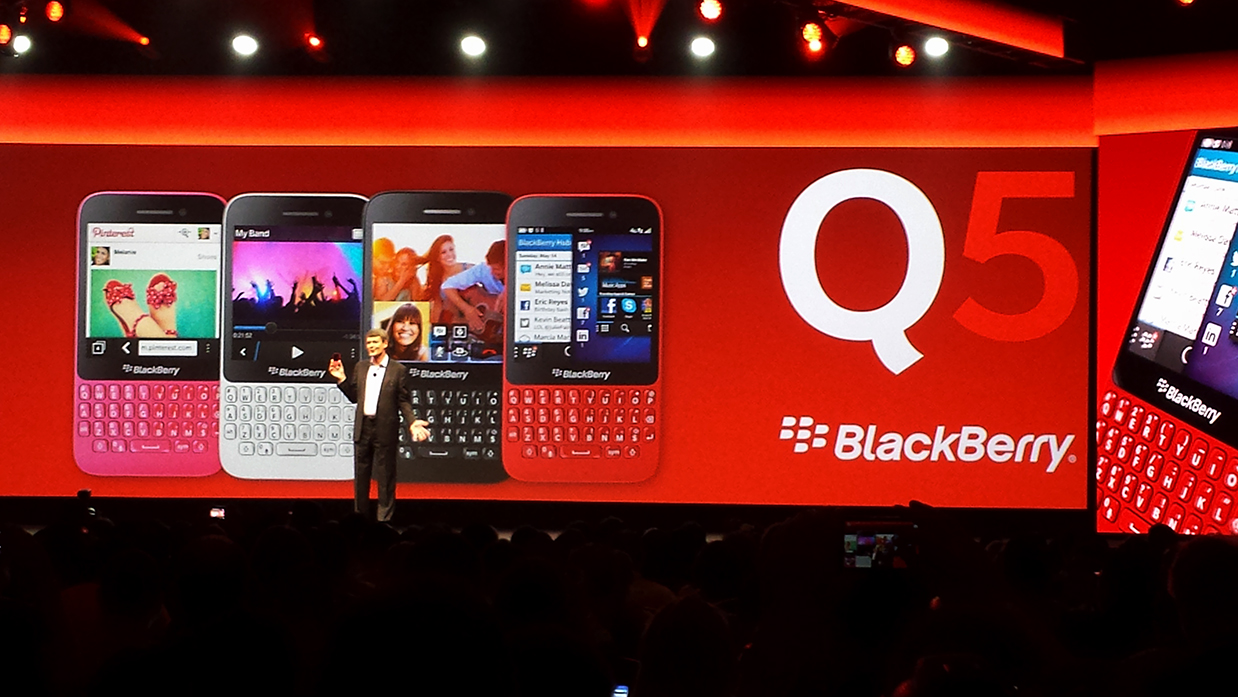
BlackBerry Boosts BBOS, BES, BBM
A year ago, at his first BlackBerry Live, according to BlackBerry President and CEO Thorsten Heins, many people told him that it would be his -- and the company's -- last. As Heins went on to say, they were wrong.
Here at BlackBerry Live 2013 in Orlando the company had an upbeat story and lots of news.
Why I love Chromebook Pixel
Seventh in a series. When I reported the original iPhone launch in June 2007, there was sense of history among the people waiting to buy. Several shared similar sentiment: That we would all look back in five or 10 years and see the mobile as a defining moment in computing. They were absolutely right. I feel similarly about Chromebook Pixel, not that as many people appreciate what it represents compared to the larger number of folks rushing to purchase Apple's smartphone.
Google's computer is an acquired taste, and so delish you don't easily go back. But there's a Vegemite quality. Most people wouldn't eat the spread, but ask those who do -- they can't live without it. Likewise, Chromebook Pixel isn't for everyone, but is for me and possibly could be for you, if given a chance.
